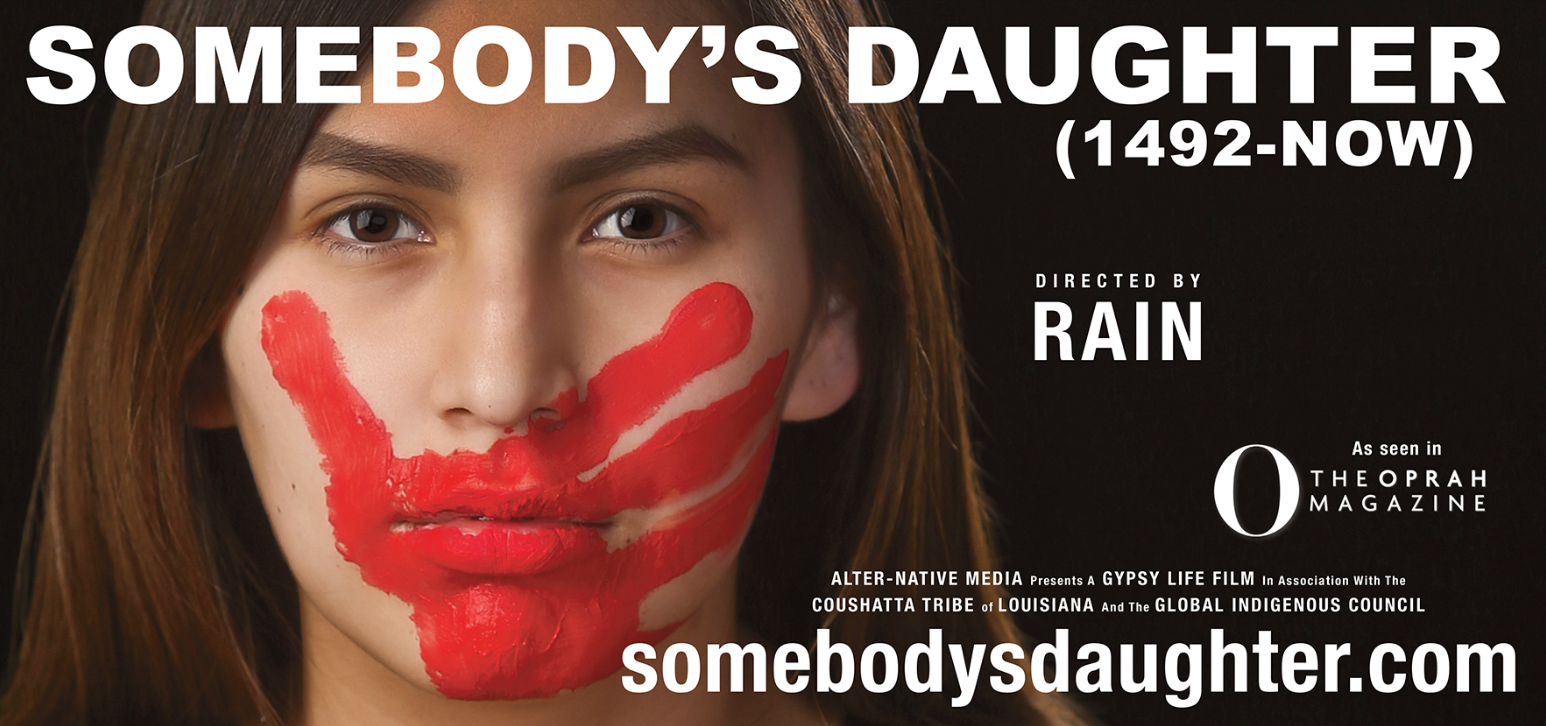On Tuesday, November 30, 2021, daytime televison's highest-rated show, the “Dr. Phil” show will feature the Missing and Murdered Indigenous People (MMIP) epidemic in Indian Country.

Some of the guests include Rain, who directed Say Her Name and Somebody’s Daughter and Juliet Hayes (Coushatta Tribe of Louisiana), who narrated Say Her Name.
Want more Native News? Get the free daily newsletter today.
The episode summary states:
You have most likely heard of Gabby Petito, Natalee Holloway and Lacy Peterson. But have you heard of Henny Scott, Ashley Loring, or Je main Charlo? Those are the names of just a few of the Indigenous women who have disappeared. Some are discovered dead days later, some are never found. But the mystery of what happened to them often remains unsolved. Families say they don’t get answers from law enforcement and are left grief-stricken with no closure.
Their stories are not unique — not in Native American communities where there is an epidemic of missing women. According to their families, no one cares about these girls, and that’s why you never hear about them. Nate and Paula’s 14-year-old daughter, Henny Scott, disappeared almost three years ago while she was hanging out with friends and was found dead two weeks later. Ashley Loring was only 20 years old when she disappeared four years ago. She was last seen in Browning, a Montana town on the Blackfeet Indian reservation. Her mother, Loxie, says there are still no answers.

Former criminal prosecutor Loni Coombs, tribal filmmaker Rain, and Representative Greg Stanton of Arizona tackle this nationwide epidemic with Dr. Phil. This is a call to action because Indigenous women say they have a target on their back.
Please check your local television listing for the channel and time the “Dr. Phil” show will be shown in your area.
More Stories Like This
Zuni Youth Enrichment Project Takes Top Emerging Artist Apprentices to Phoenix for Artistic Exploration and Cultural ImmersionFrom Dishwasher to Award-Winning Chef: Laguna Pueblo's Josh Aragon Serves Up Albuquerque's Best Green Chile Stew
Rob Reiner's Final Work as Producer Appears to Address MMIP Crisis
Vision Maker Media Honors MacDonald Siblings With 2025 Frank Blythe Award
First Tribally Owned Gallery in Tulsa Debuts ‘Mvskokvlke: Road of Strength’
Help us defend tribal sovereignty.
At Native News Online, our mission is rooted in telling the stories that strengthen sovereignty and uplift Indigenous voices — not just at year’s end, but every single day.
Because of your generosity last year, we were able to keep our reporters on the ground in tribal communities, at national gatherings and in the halls of Congress — covering the issues that matter most to Indian Country: sovereignty, culture, education, health and economic opportunity.
That support sustained us through a tough year in 2025. Now, as we look to the year ahead, we need your help right now to ensure warrior journalism remains strong — reporting that defends tribal sovereignty, amplifies Native truth, and holds power accountable.
 The stakes couldn't be higher. Your support keeps Native voices heard, Native stories told and Native sovereignty defended.
The stakes couldn't be higher. Your support keeps Native voices heard, Native stories told and Native sovereignty defended.
Stand with Warrior Journalism today.
Levi Rickert (Potawatomi), Editor & Publisher

